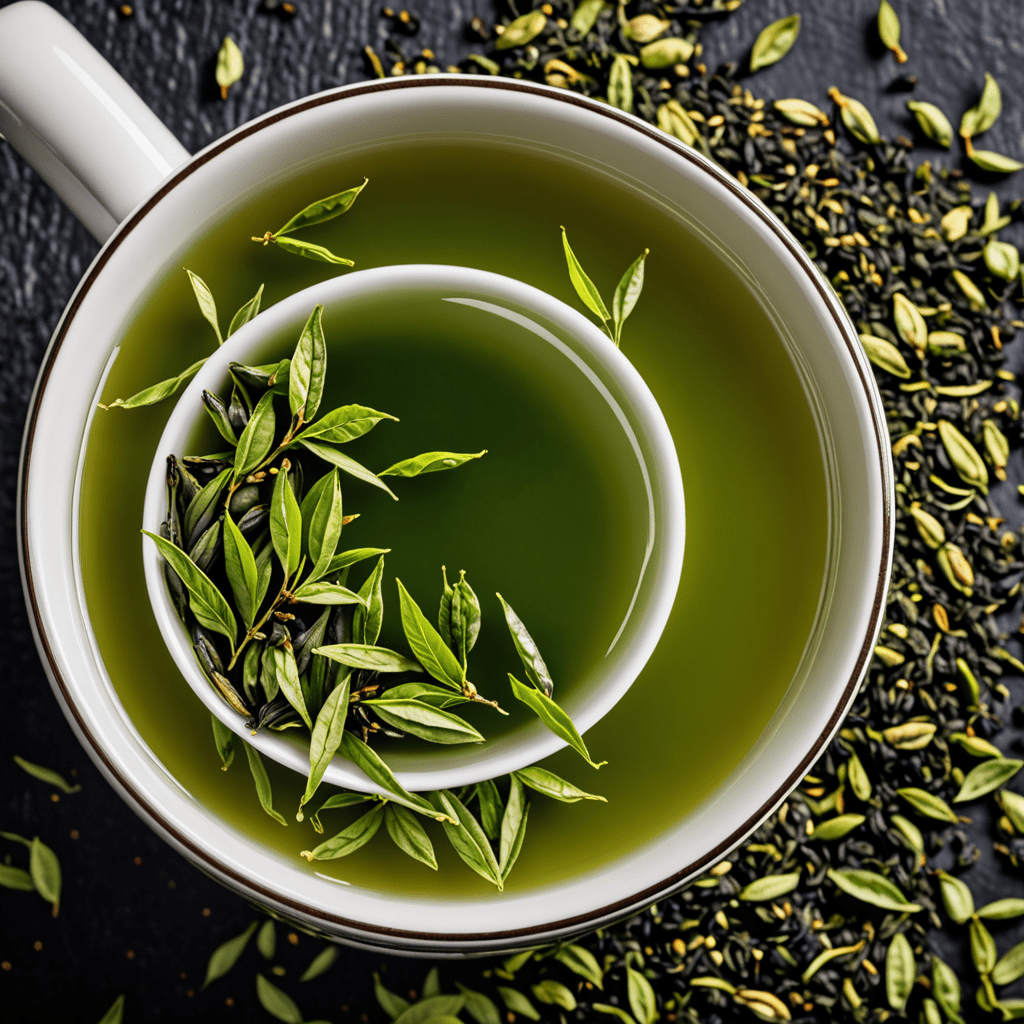Decaf Green Tea: What You Should Know
Understanding Green Tea
Green tea is a popular beverage known for its numerous health benefits and rich cultural significance. It is made from the leaves of the Camellia sinensis plant and is revered for its high concentration of antioxidants and other beneficial compounds.
Decaffeination Process
Decaf green tea is derived from regular green tea through a process that removes most of the caffeine content. The most common methods for decaffeinating green tea include using carbon dioxide, ethyl acetate, or water. Each method has its own advantages and potential drawbacks.
Is Green Tea Naturally Decaf?
Contrary to popular belief, green tea naturally contains caffeine. The caffeine content in green tea can vary depending on factors such as the type of tea plant, growing conditions, and processing methods. While green tea generally contains less caffeine than black tea, it is not naturally decaffeinated.
How Much Caffeine is in Decaf Green Tea?
While decaffeination significantly reduces the caffeine levels in green tea, it’s important to note that small amounts of caffeine may still be present in decaf green tea. The exact caffeine content can vary based on factors such as the decaffeination method and the specific brand of decaf green tea.
Health Implications of Decaf Green Tea
Decaf green tea retains many of the health benefits associated with regular green tea, such as improved heart health, potential cancer-fighting properties, and overall antioxidant support. However, the decaffeination process may impact the overall composition of the tea, which could potentially affect its health benefits.
FAQs
- Is decaf green tea 100% caffeine-free?
- What are the potential drawbacks of decaffeinating green tea?
- Are there any health concerns associated with consuming decaf green tea?


